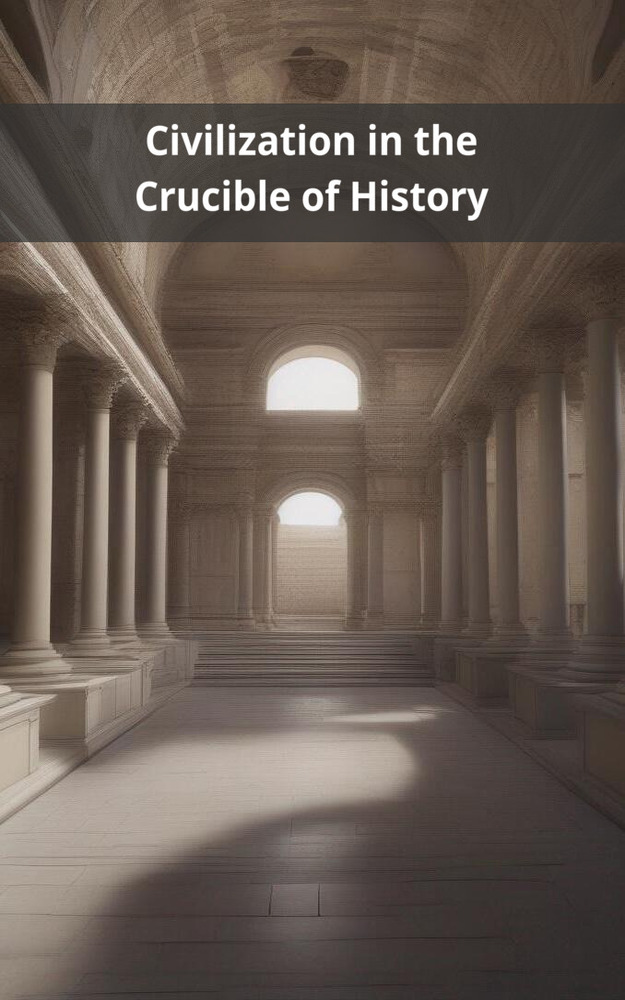Description
In its opening chapter, the book establishes a foundation by examining the fundamental nature of civilizations. It explores their defining characteristics, typologies, and the intricate processes that drive their rise and fall. From geographical and environmental influences to social, political, and cultural dynamics, this chapter provides a holistic understanding of the forces that shape civilizations.
Delving deeper, subsequent chapters investigate the complexities of world systems theory. They trace its origins and evolution, unpacking core concepts such as core, periphery, and semi-periphery. The book analyzes the historical trajectory of the world system, shedding light on the interplay of economic, political, and cultural forces that have shaped global dynamics over centuries.
Moving beyond theoretical frameworks, the book dedicates chapters to exploring specific historical periods and regions. It examines the rise and fall of ancient civilizations, illuminating the factors that contributed to their successes and failures. It ventures into the vibrant world of medieval civilizations and empires, highlighting their cultural, religious, and technological achievements.
The narrative then shifts to the rise of the modern world system, tracing the European voyages of exploration, the Columbian Exchange, and the emergence of capitalism. It analyzes the profound impact of the Industrial Revolution and globalization on civilizations and world systems, emphasizing the interconnectedness and interdependence of societies across the globe.
The book concludes by venturing into the realm of science fiction and the classroom, exploring the ways in which these domains can contribute to our understanding of civilizations and world systems. It examines how science fiction can serve as a lens for envisioning alternative societal models and futures, while also reflecting on the importance of teaching about civilizations and world systems in educational settings.
With its interdisciplinary approach, “Civilization in the Crucible of History” offers a panoramic view of the human experience, providing readers with a deeper understanding of the forces that have shaped our world and the challenges and opportunities that lie ahead.
If you like this book, write a review!
Language : English
Dimensions : 6 x 9 inches
Pages : 186 pages
Pasquale De Marco stands as a prolific author whose literary prowess knows no bounds. With a passion for storytelling that transcends genres, he has made a name for himself as a versatile writer with the extraordinary ability to captivate readers across diverse literary landscapes. His journey as an author is marked by an insatiable curiosity, a love for the written word, and a relentless commitment to sharing knowledge and experiences with the world.
Pasquale De Marco collaborates with a dedicated team of ghostreaders who assist him in evaluating and editing the manuscripts. His collaborators are not only skilled professionals but also avid readers who purchase and read books as a personal hobby. This unique blend of creativity allows Pasquale to push the boundaries of traditional publishing, making literature more accessible and diverse.






Reviews
There are no reviews yet